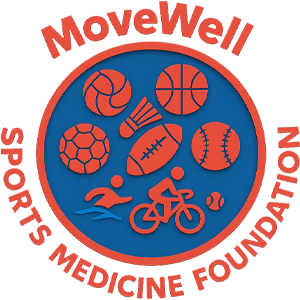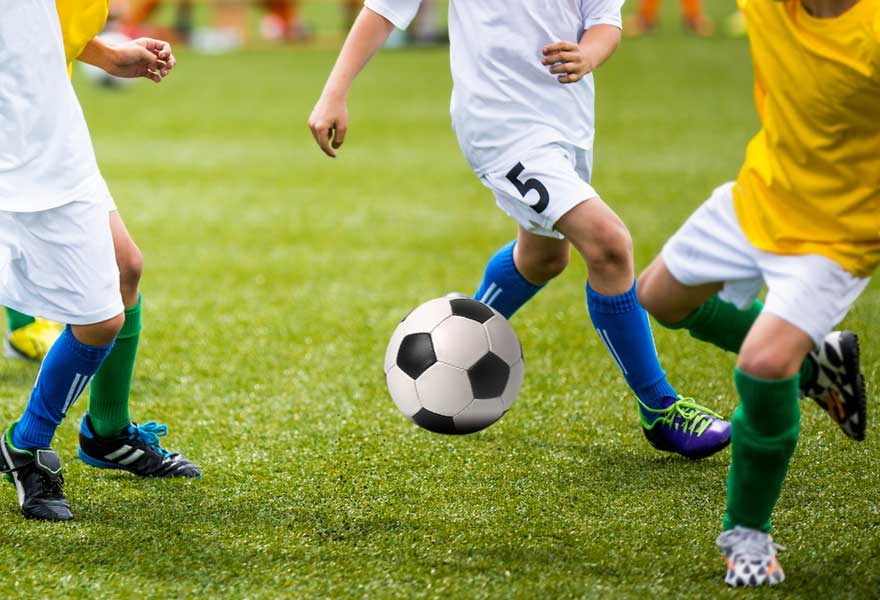A growing body of research, including a pivotal 2021 study published in Pediatrics, challenges the increasingly common practice of early sport specialization among young athletes. The study, which analyzed data from over 1,200 adolescents, provides compelling evidence that intensive, year-round focus on a single sport before adolescence significantly increases injury risk while offering no proven long-term advantage in athletic success.
The findings reveal alarming physical health consequences for specialized young athletes. These individuals faced 2.5 times greater risk of overuse injuries such as stress fractures and tendonitis compared to their multi-sport peers. Sports requiring repetitive motions - including baseball pitching, gymnastics, and distance running - demonstrated particularly high injury rates. More concerning, serious musculoskeletal injuries like ACL tears and labral damage occurred three times more frequently among specialized athletes, likely due to imbalanced muscle development and insufficient recovery time.
Beyond physical risks, the study highlights significant psychological consequences. Early specialized athletes showed 36% higher rates of burnout, characterized by emotional exhaustion, reduced accomplishment, and sport devaluation. Many ultimately abandoned their sports entirely due to mounting pressure and diminishing enjoyment. The research also found correlation between early specialization and increased anxiety and depression scores, underscoring the mental health implications of premature intensive training.
These findings carry particular urgency given current youth sports trends. Many parents and coaches push early specialization in hopes of securing scholarships or elite status, despite limited evidence that it improves long-term athletic achievement. Physiological factors make adolescents especially vulnerable - growing bones, muscles, and connective tissues are less resilient to repetitive stress, potentially leading to lifelong joint problems and early arthritis.
The study recommends several protective measures:
Delaying sport specialization until at least age 15-16
Encouraging multi-sport participation to develop diverse movement patterns
Implementing mandatory rest periods (1-2 days weekly and 2-3 months annually off from primary sport)
Limiting single-sport participation to no more than eight months per year
For parents and coaches, warning signs like chronic pain, fatigue, or loss of enjoyment should prompt reevaluation of training intensity. The research strongly suggests that diversified athletic exposure, not early specialization, best supports both immediate safety and long-term athletic development. By prioritizing balanced physical development and psychological wellbeing over premature competition, we can help young athletes achieve sustainable success while preserving their health and love of sport.
Reference:
Bell DR, et al. Pediatrics 2021;147(5):e2020011758. doi:10.1542/peds.2020-011758




